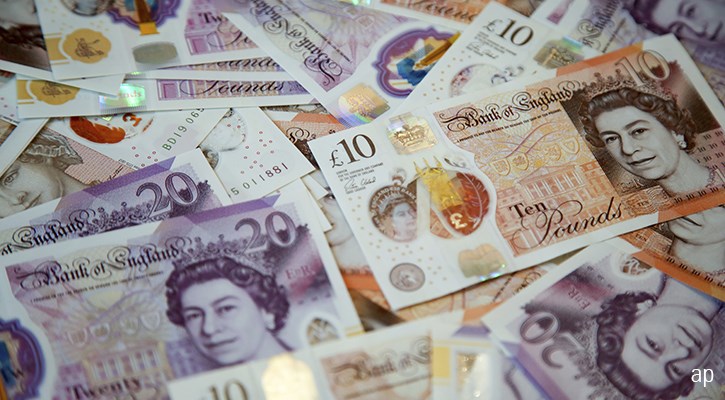
The UK stock market is up more than 15% from a year ago. The average cash savings account pays interest of 0.5%.
Given the choice between the two, where would you put your money? It’s a no-brainer, right?
Yet, of the 13 million or so Isas that were opened in the 2019/20 tax year (the latest data HMRC has), three quarters were cash accounts. Almost £50 billion was poured into these accounts, doomed to lose value in real terms and to miss out on the gains that could have been made from the stock market if only savers had opted for a Stocks and Shares Isa instead.
Our obsession with cash savings is destroying our chances of a comfortable retirement. It is eating away, every year, at the real value of our money and reducing our purchasing power and overall wealth.
Why do we do this?
I’ve ruminated on this for years, and can only come up with two possible reasons:
1. Apathy: we just don’t care enough and opening a Cash Isa is the easiest solution
2. Fear: investing seems complicated, we don’t want to get it wrong, so it’s best not to try
I can empathise with both.
The question is: what can the investment industry do to solve this huge problem? Because millions of people are under-saving for their future at a time when the onus is increasingly on the individual to provide for themselves; a time when we are living longer and low interest rates make it harder to save through traditional means.
Financial education in schools is, of course, the best place to start. I left school without ever having been told how a credit card works, what a pension is, or what the stock market’s all about. Certainly, more needs to be done to ensure useful financial know-how becomes the norm in the education system.
But what of those who have already left school, unaware of this gaping hole in their education?
Employers have a role to play – as well as offering pensions, they need to extol their virtues, for example. And wouldn’t an in-house financial adviser who offers a financial health check to everyone each year be a wonderful thing?
And investment firms must do a lot, lot more. They must stop hiding behind hideous jargon and over-complicating what they do. It does not make you sound impressive, all it does it turn individuals off and stop them from using your services.
Only when investing becomes easy to understand and accessible for the masses will people stop reverting to what is already easy to understand and accessible: cash.
Another Month on the Crypto Rollercoaster
Our monthly rundown of ETF performance is a stark warning as to why you shouldn’t invest in something after it’s already had a strong run. The 21Shares Binance BNB ETP tracks the performance of cryptocurrency Binance Coin. Over 12 months it is up an incredible 1,659%. Wow, I hear you cry. Well, not if you only joined the Binance party a month ago. The ETP fell almost 45% in May.
The list of worst performers for May is largely dominated by cryptocurrency trackers, summing up a bad month for the asset after one-time Bitcoin supporter Elon Musk seemed to have a change of heart, and Beijing banned banks and payment firms from providing services related to crypto transactions.
One bad month doesn’t mean crypto is doomed to be on a downward trajectory forever, but it does serve as an important warning. People out there are making a fortune investing in cryptocurrencies – but for every winner in a trade, there is a loser on the other side of it. And if you’re the last one to the party, usually the good times have already come and gone.
Sport Leads the Way Out of Lockdown
It was no surprise that a conversation this week with our Tokyo-based analyst, which was supposed to be about banks, ended up on the Olympics. Because surely the return of major sports tournaments is the biggest indicator yet that life is returning to normal.
The Euros starts this weekend, the Tour de France is back at the end of the month, F1 is already underway, and the Olympics look set to go ahead in July – only a year later than planned. Our colleagues across the pond in Canada have been looking at how your favourite sports team could influence your investment portfolio, and certainly a bet on Nike or Ferrari wouldn’t have hurt you in recent years. Your football team should most likely not be the key thing that decides your investment portfolio, but next time you have a bet on who's going to win the league, it might be worth thinking about whether they good help you pick a winning investment too.



























